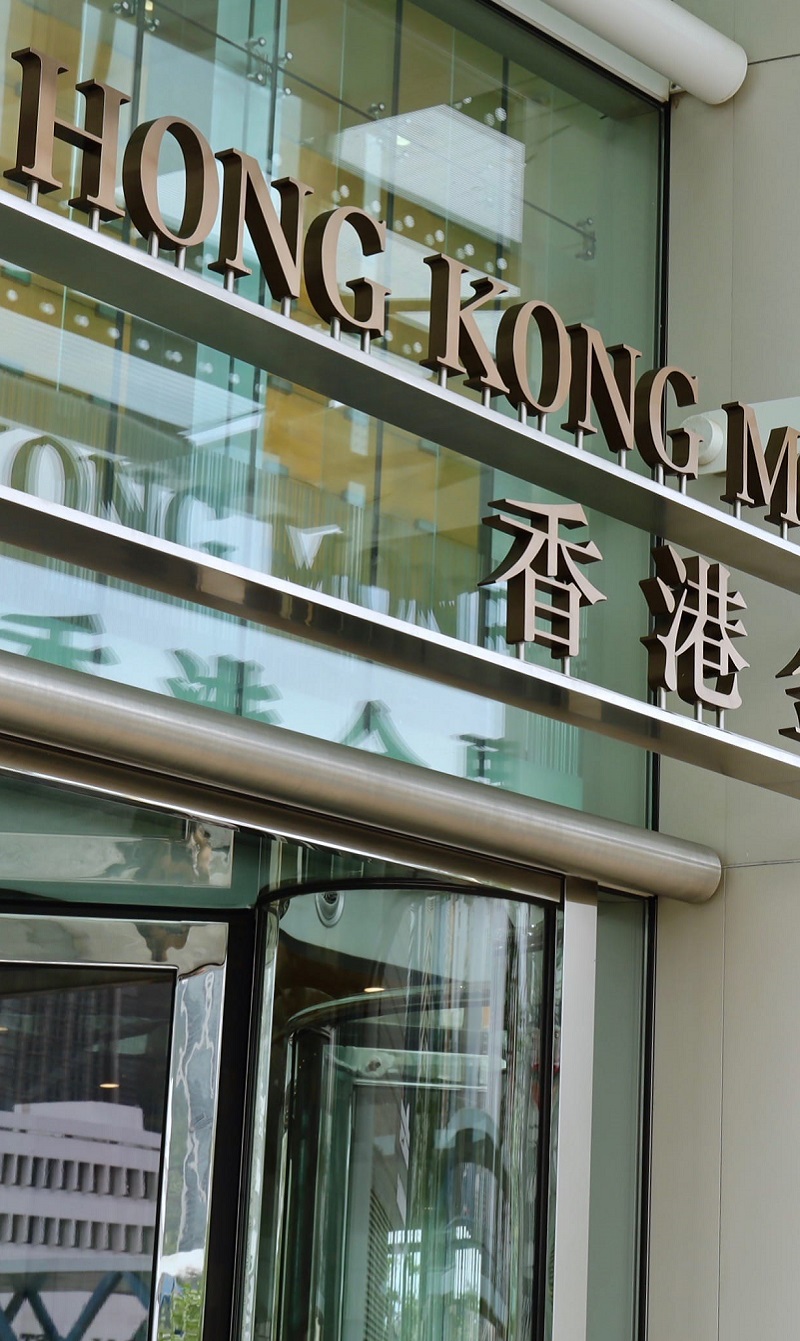Ask the Expert: Banking and Capital Market Trends
Peter Burns, partner at PwC in Australia, spent a bit of time to respond to five questions on banking and capital market trends during, and post, pandemic. He will be one of two speakers during WIEF-SIDC POWERTALK webinar on the topic this December 2020.
A week before speaking at WIEF-SIDC POWERTALK webinar on banking and capital market trends, Peter Burns, Global Banking & Capital Markets Leader at PwC Strategy and based in Sydney, spares a bit of time to shed some light on the topic. Hailing from Tasmania, his 28 years of consulting experience across the globe and financial services expertise in retail banking, business model transformation, among others, is evident. Today, in his late 40’s, Peter leads PwC’s global banking and capital markets practice, as well as PwC Southeast Asia Consulting Board of Directors.

Here, Peter answers some questions on banking and capital market trends in the next year or so.
Q: What has been a positive impact of COVID-19 on the banking and capital markets industry?
A: The industry’s response to the pandemic has helped reaffirm its purpose and role in society and re-established trust. During COVID-19, banking and capital market organisations have supported vulnerable clients, provided a credit lifeline for businesses and helped deliver government economic initiatives. Their contribution will continue to be critical in kick-starting economic recovery.
The pandemic has also accelerated workforce and digital transformation. Both have been underway for some years but results have been mixed, and the industry has remained rife with overstaffing, fragmented technology and difficulties in making the most of available data. But the pandemic has demonstrated the value of well-developed digital capabilities and provided fresh impetus for accelerating digitisation. The speed of technological advances during the pandemic has already created significant demand for upskilling within the workforce. The crisis has further underlined the importance of ensuring that staff have both the right skills and the willingness to continually learn, adapt and embrace change.
Q: What are short term solutions for the long term impact of COVID-19 on the banking and capital markets industry?
A: In the short term, banking and capital markets organisations should:
- Sustain support for clients, the workforce and government programmes. Within the workforce, staff should be upskilled to promote new agile ways of working and culture rebooted to foster innovation and collaboration.
- Prepare for a return to work that revolves around a ‘new normal’ combination of remote work, digital interaction and use of emerging technologies.
- Proactively manage financial stability while preserving agility for growth – assessing credit or liquidity implications with advanced modelling, activating customer care or monitoring programs and rethinking approach to workout.
Q: What are the main influences of the global banking and capital market trends right now? And how are they driving the banking and capital markets industry during an economic downturn?
A: Key macro trends influencing the industry today are low interest rates, the COVID-19 recession and asset impairments, regulatory change, de-globalisation, pressure to boost productivity and client demand for a platform as well as ecosystem-based industry.
During an economic downturn the impact of the above is likely to differ for banking vs capital markets. Post-GFC (global financial crisis), regulation has increased the cost differential of regulated vs unregulated capital. Therefore, banking is likely to be more impacted with profitability hit by lower volume, lower margins and reduced risk-taking capacity (higher capital ratios). Share of credit delivered by capital markets is likely to increase. This would be a continuation of the shift in share to date – since 2010, lending by banks has grown by 0.6 per cent CAGR (compound annual growth rate) vs lending by non-bank capital providers at 2.3 per cent CAGR in advanced economies.
Q: What is Australia doing differently from the rest of the world in terms of its banking and capital markets development?
A: Australian banks’ approach to diversifying income differs from many other advanced economies. While many non-Australian banks are seeking to boost fee income in advisory and asset and wealth management, Australian banks have spent the past decade divesting and focusing on their core customers and mission. Australian banks are focusing heavily on simplification of business models, and realignment of their cost structures and legacy IT infrastructure, which in turn will lead to enhanced customer experiences. Other jurisdictions, such as Japan and Europe, are exploring portfolio diversification in response to margin compression.
Q: Lastly, what is PwC’s main forecast for banking and capital markets in 2021? And what are the possible disruptions of the industry one should look out for?
A: For 2021, we expect seven key macro trends will prevail and impact the banking and capital markets industry as follows:
- Low interest rates will continue wreaking havoc on margins and business models.
- The COVID-19 recession and asset impairments will reduce risk-bearing capacity for regulated industries to support the real economy as it enters the recovery stage over the next year.
- Alternative providers of capital are set to become an even more important part of the global financial system.
- COVID-19 will likely not delay, and may accelerate, the implementation of current and planned regulatory measures in many countries and regions.
- Continued de-globalisation will further align the size of regulated financial institutions to the GDP of their home countries while continued offshoring will increase operational risk across the industry.
- Firms will face unrelenting pressure to boost productivity through the digitisation of the business and the workforce.
- The client-driven shift to a platform as well as ecosystem-based financial services industry will create a new wave of disruption and disintermediation.
Read the summary of the POWERTALK session here and more on capital market trends for the coming years in this In Focus article.
Note: Register now for WIEF-SIDC POWERTALK webinar on banking and capital market trends on 8 December 2020. The session is RM371 per person. Check this link for the programme.
Follow us on Facebook, Instagram and Twitter for updates on WIEF initiatives and articles.
Main photo by Jason Leung on Unsplash



